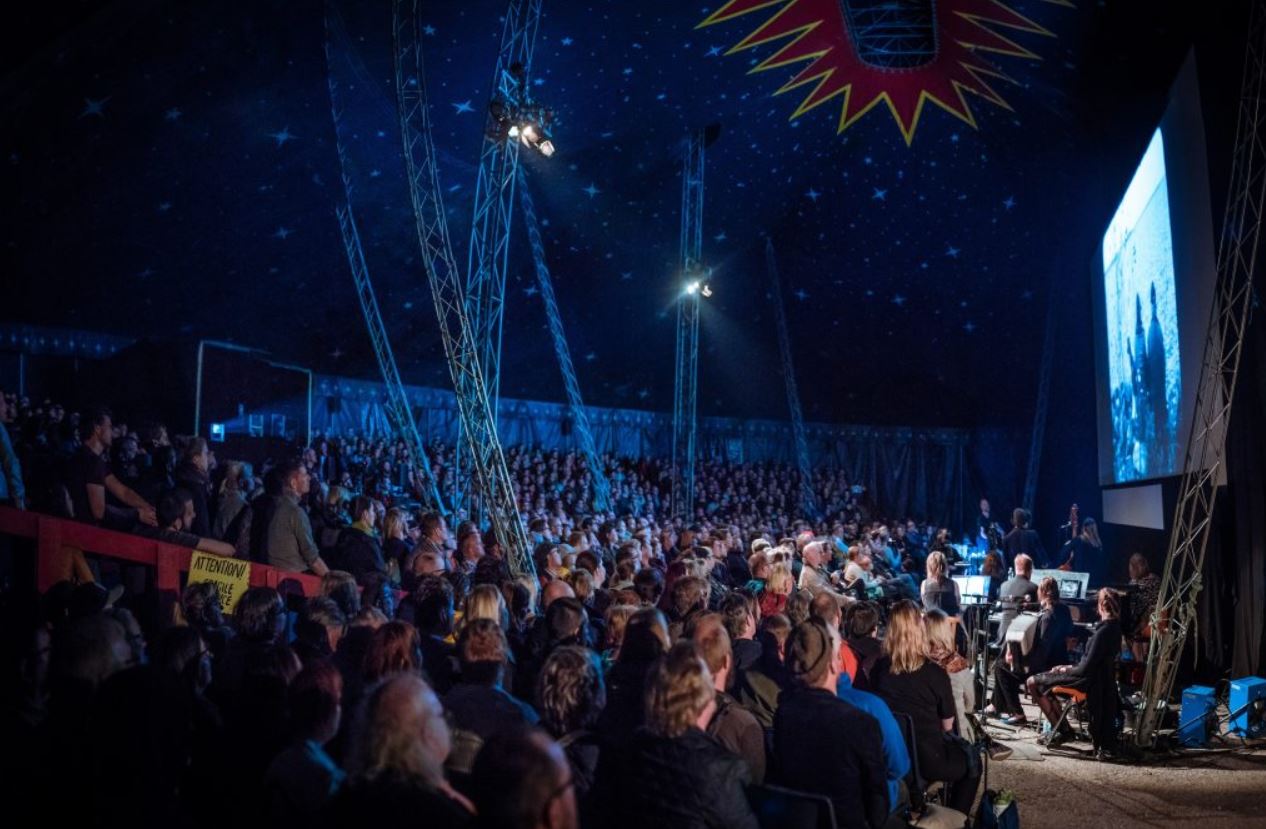Are there any specific dress codes for visiting religious sites in Finland?
Post ByAdequate Travel
Summary
No matter your faith or belief, visiting religious sites in Finland is an enriching experience. However, not everyone is aware of the fact that there are specific dress codes to adhere to when visiting them. In this blog we'll discuss the different dress codes and what clothing is appropriate when visiting a religious site in Finland. Travellers can find valuable travel information for tourists, such as local customs, must-see attractions, and dining recommendations, to make the most of their trip.Dress Codes for Visiting Religious Sites in Finland
When visiting religious sites in Finland, it is generally expected to dress modestly and respectfully. While there are no strict dress codes enforced, adhering to certain guidelines will help show cultural sensitivity and appreciation for the religious significance of the site. Here are some points to consider:
1. Conservative Clothing
It is advisable to wear conservative clothing that covers your shoulders, back, and knees. Avoid wearing revealing or provocative outfits, such as shorts, sleeveless tops, or low-cut dresses.
2. Head Coverings
While not required, it is respectful for women to cover their heads when visiting certain religious sites, such as mosques or Orthodox churches. Carrying a scarf or shawl to cover your head would be appreciated.
3. Footwear
Ensure you wear shoes that are easy to slip on and off, as you may be required to remove them before entering certain religious sites. This is particularly common in mosques and some temples. It is always good to have clean socks with you.
4. Remove Hats and Sunglasses
Once inside a religious site, it is customary to remove your hat and sunglasses as a sign of respect. This applies to both men and women, unless there are specific cultural or religious reasons to keep them on.
5. Observing Local Customs
Always follow any specific instructions or signs posted at the entrance of religious sites regarding dress codes or behavior. Remember to be respectful of cultural practices and customs, even if they differ from what you are accustomed to.
Examples:
- In a visit to an Orthodox church, both men and women should dress modestly by wearing clothing that covers their shoulders, backs, and knees. Women may also consider carrying a scarf to cover their heads.
- When visiting a mosque, women are generally expected to cover their heads with a scarf and wear loose-fitting, conservative clothing. Men should wear long pants and avoid sleeveless tops.
- At a Buddhist temple, it is customary to remove your shoes before entering. Therefore, wearing shoes that are easy to take off and clean socks is recommended.
Overall, it is essential to be aware of and respect the traditions and customs of the religious sites you plan to visit in Finland. Being mindful of your attire will help create a positive and culturally sensitive experience for both yourself and others.Before embarking on your journey to finland, make sure to check the latest travel guidelines and entry requirements to ensure a smooth tripSuggested Questions
- Köyliö Old Church, Köyliö: Horror Story, History & Paranomial Activities
- Kokkola Cemetery, Kokkola: Horror Story, History & Paranomial Activities
- Oulainen Old Rectory, Oulainen: Horror Story, History & Paranomial Activities
- Punkalaidun Old Church, Punkalaidun: Horror Story, History & Paranomial Activities
- Hanko Casino, Hanko: Horror Story, History & Paranomial Activities
- Kajaani Prison, Kajaani: Horror Story, History & Paranomial Activities










